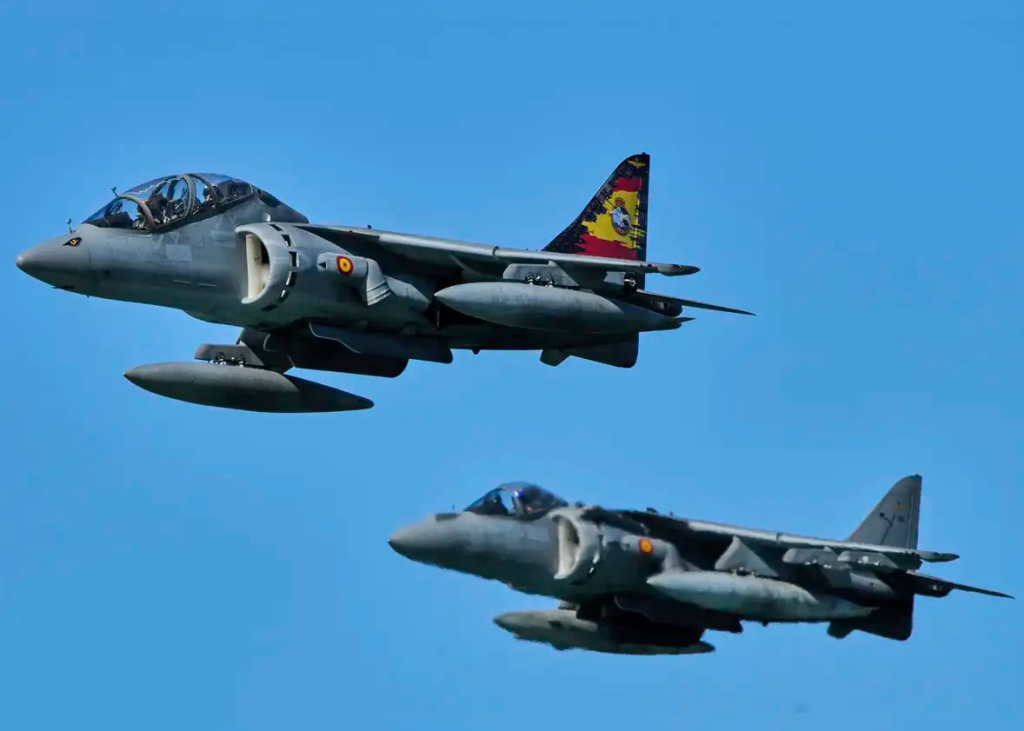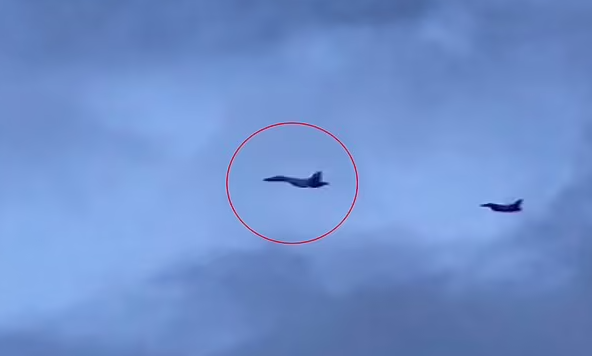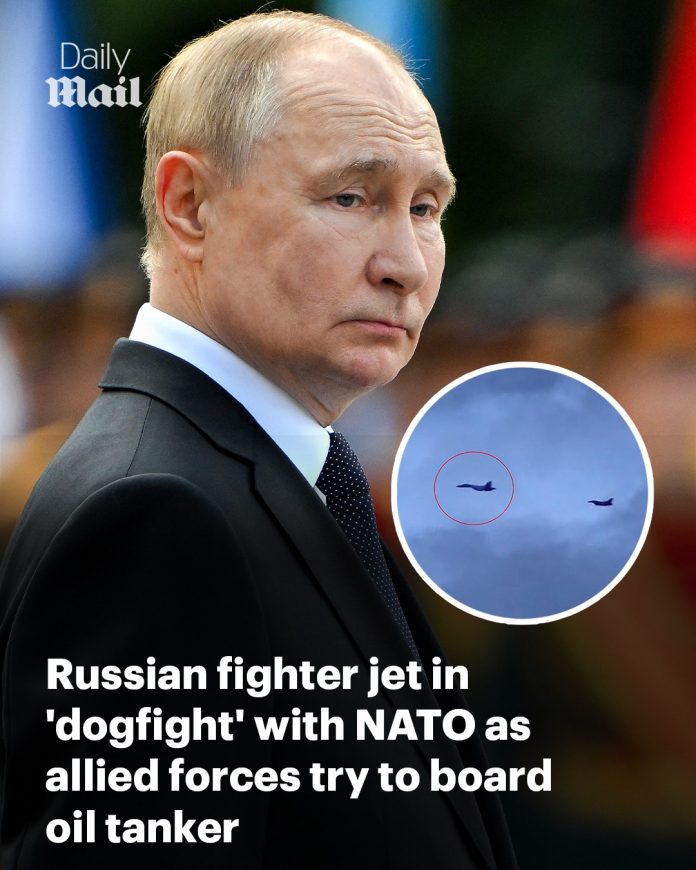In mid-May 2025, tensions in the Baltic Sea escalated dramatically when Estonian naval forces attempted to intercept and board the oil tanker Jaguar, suspected of being part of Russia’s “shadow fleet” used to circumvent international sanctions. The incident intensified as a Russian Su-35S fighter jet allegedly violated Estonian airspace, prompting NATO to scramble Polish MiG-29s in response. This confrontation underscores the growing geopolitical friction in the region and raises concerns about maritime security and the enforcement of sanctions.

The Jaguar, an 800-foot-long crude oil tanker, was sailing under the flag of Gabon but was believed to be operating under the name Argent with a Guinea-Bissau flag. Estonian authorities identified the vessel as part of Russia’s clandestine efforts to export oil despite sanctions. When Estonian forces attempted to board the tanker near Naissaar Island, the crew refused to cooperate, and a Russian Su-35S fighter jet entered Estonian airspace, allegedly to protect the vessel. NATO responded by deploying Polish MiG-29s, leading to a tense aerial standoff over the Gulf of Finland.
Russia’s “shadow fleet” comprises aging tankers often registered under flags of convenience, such as Gabon or the Cook Islands, and operated by opaque entities. These vessels are used to transport oil and other commodities, including allegedly stolen Ukrainian grain, to bypass international sanctions. The fleet’s operations have raised environmental and safety concerns due to the poor maintenance of the ships and the risks associated with clandestine activities.
The incident prompted Estonia to summon the Russian Chargé d’Affaires in Tallinn, issuing a formal protest over the airspace violation. Estonian Foreign Minister Margus Tsahkna warned that Russia appears willing to use military force to defend its shadow fleet, highlighting the need for increased vigilance and cooperation among NATO allies.

This confrontation occurred shortly before scheduled peace talks between Russia and Ukraine in Istanbul, which Russian President Vladimir Putin ultimately declined to attend. Ukrainian President Volodymyr Zelenskyy criticized Putin’s absence and called for tougher sanctions against Russia. The incident in the Baltic Sea adds to the complexities of the ongoing conflict and the challenges faced by the international community in enforcing sanctions and maintaining regional security.
The attempted interception of the Jaguar and the subsequent military response from Russia underscore the escalating tensions in the Baltic region. As Russia continues to employ its shadow fleet to evade sanctions, incidents like this highlight the need for robust international cooperation and enforcement mechanisms to uphold maritime security and the rule of law.

















